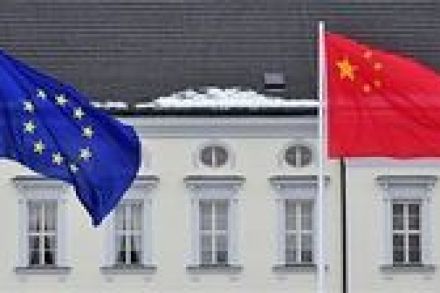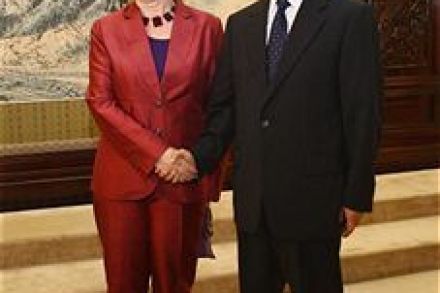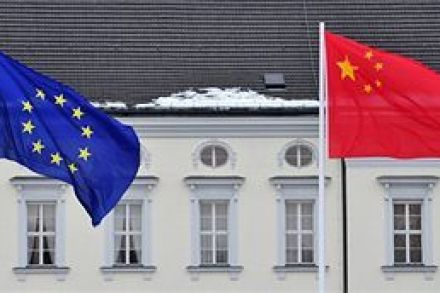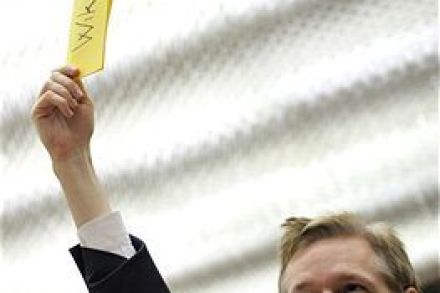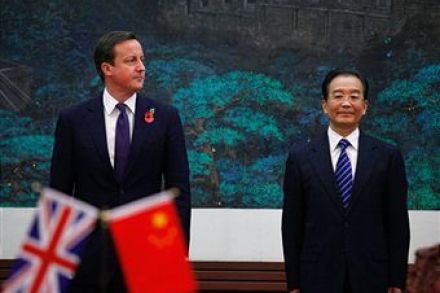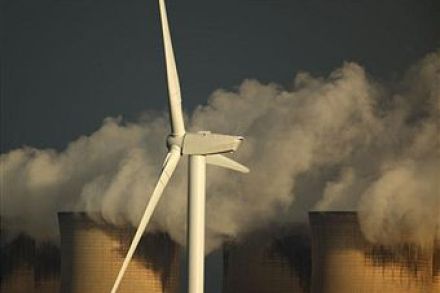Act soon or face another Guernica
We now know that Libya is heading into a full on civil-war and that Gaddafi is prepared to do pretty much anything to stay in power. The former interior minister Abdel Fattah Younes al-Abid, admittedly a partial source, says that he defected after arguing with the Libyan leader over his plan to bomb the rebel stronghold of Benghzai. In an ideal world, the United Nations would move to impose a no fly zone on Libya. But this is unlikely to happen. Russia and China, for obvious reasons, want to uphold the principle of non-interference in another state’s affairs even if that state is brutally repressing its own people. This




